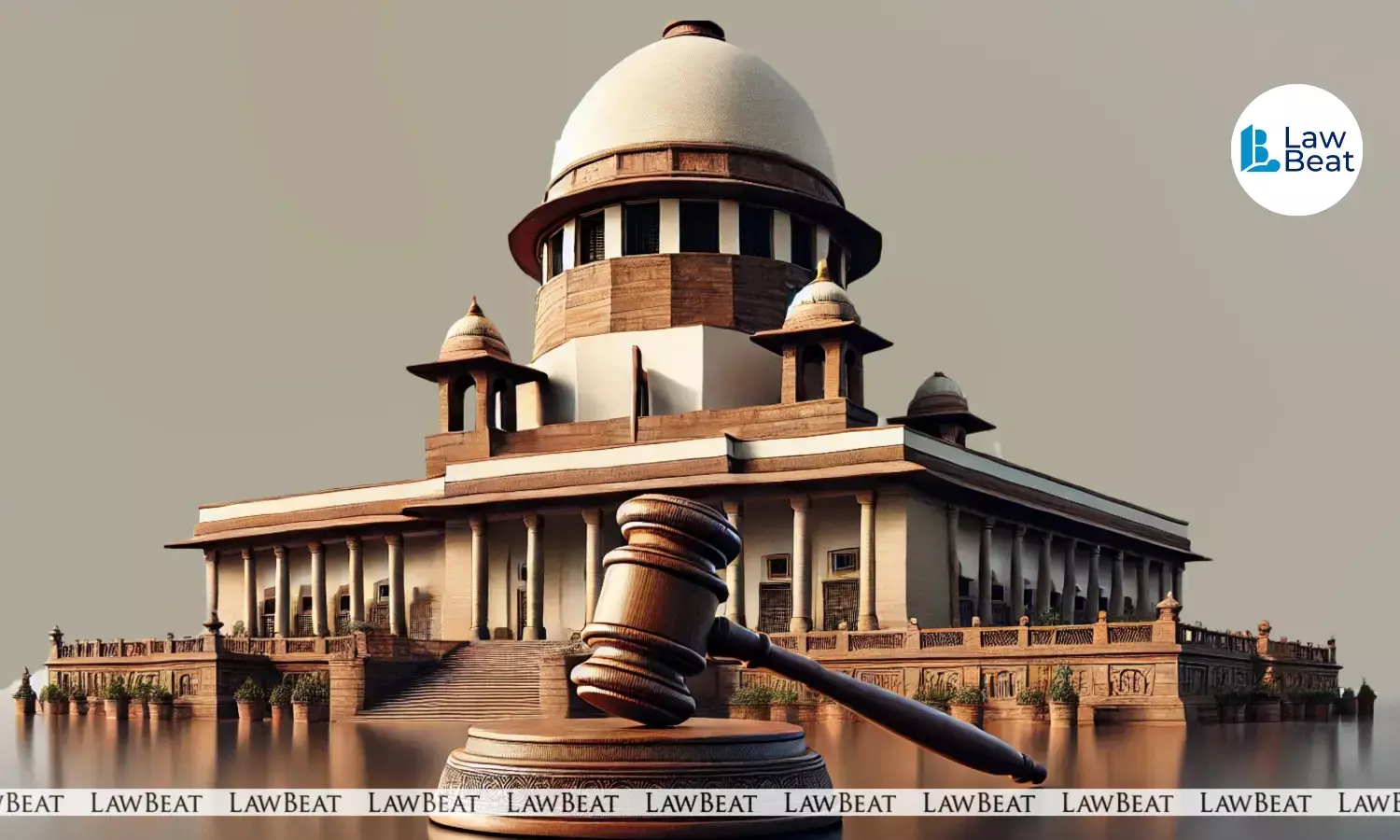Supreme Court Restores Child Custody to Mother After Mental Health Reports Show Trauma Post Transfer

In a significant decision that blends legal nuance with psychological sensitivity, the Supreme Court has allowed a review petition filed by a woman and restored the permanent custody of her 12-year-old son, overturning its earlier judgment that had transferred the child’s custody to his biological father.
The earlier judgment dated August 22, 2024 had handed over custody to the father after the mother remarried, converted to Christianity and sought to relocate the child to Malaysia. However, in light of new evidence highlighting the child’s deteriorating mental health, the court ruled that the earlier decision required urgent reconsideration.
A bench of Justices Vikram Nath and Prasanna B Varale held that in custody matters, legal formalism must not override the constitutional principle of parens patriae. The court observed that the welfare of the child is the guiding standard in all custody cases, and judicial discretion must be exercised keeping in view the evolving needs and emotional wellbeing of the child.
“We believe that a hyper-technical approach in such cases amounts to abandoning the duty of parens patriae and leads to a travesty of justice,” the court said, underscoring that custody decisions must adapt to new developments, particularly when they affect a child’s emotional and psychological health.
The review was prompted by clinical reports from the Psychiatry Department at Christian Medical College, Vellore, which found the child exhibited signs of separation anxiety disorder and acute distress following the change in custody. The petitioner-mother submitted that the child had never spent a night away from her and regarded her new husband, whom she married when the child was four, as a father figure. She also highlighted the close bond shared between the child and his younger half-brother.
The child’s academic performance and adjustment in his current family environment were found to be healthy and stable. The court noted that the stepfather had actively committed to the child’s education and emotional support. It was further observed that the petitioner and her husband were financially secure, ensuring the child’s overall development.
The respondent-father contested the psychological reports, arguing that they were based on one-sided inputs from the petitioner and her husband. He also alleged that the mother had concealed the child’s whereabouts for three years, from 2016 to 2019, limiting his access. However, the court held that these contentions could not overshadow the immediate trauma being experienced by the child.
In its judgment, the court reaffirmed that the “best interest of the child” standard must remain dynamic and rooted in ground realities. “A drastic change in permanent custody cannot be seen as conducive to the child’s welfare, especially when the father is a near-stranger and the current environment offers stability, affection and psychological safety,” the court noted.
Restoring custody to the mother, the court also recognised the legitimate role of the biological father in the child’s life. Visitation rights were granted with the aim of gradually building familiarity and emotional connection between the father and child. The court directed that visitation be regular and supportive, rather than disruptive or abrupt.
The court restrained the mother from permanently relocating the child outside India. However, she was permitted to take the child abroad during Onam, Christmas and for half of the summer vacation period. This condition balances the child’s right to remain rooted in a stable environment while still allowing limited international travel.
The judgment also cautioned the father against making insensitive remarks and reminded him that emotional bonds require time and empathy. “A father-son relationship must be built with consistent presence and nurturing conduct. It cannot be imposed overnight,” the bench observed.
Finally, the court urged both parents to prioritise the child’s welfare above all else. It called for mutual respect, open communication and a commitment to co-parenting that avoids transferring emotional baggage to the child. “A well-rounded childhood requires acceptance of both parents, and it is the duty of each to ensure the child does not suffer due to past disputes,” the bench concluded.
Case Title: Neethu B @ Neethu Baby Mathew vs Rajesh Kumar
Judgment Date: July 17, 2025
Bench: Justices Vikram Nath and Prasanna B Varale
